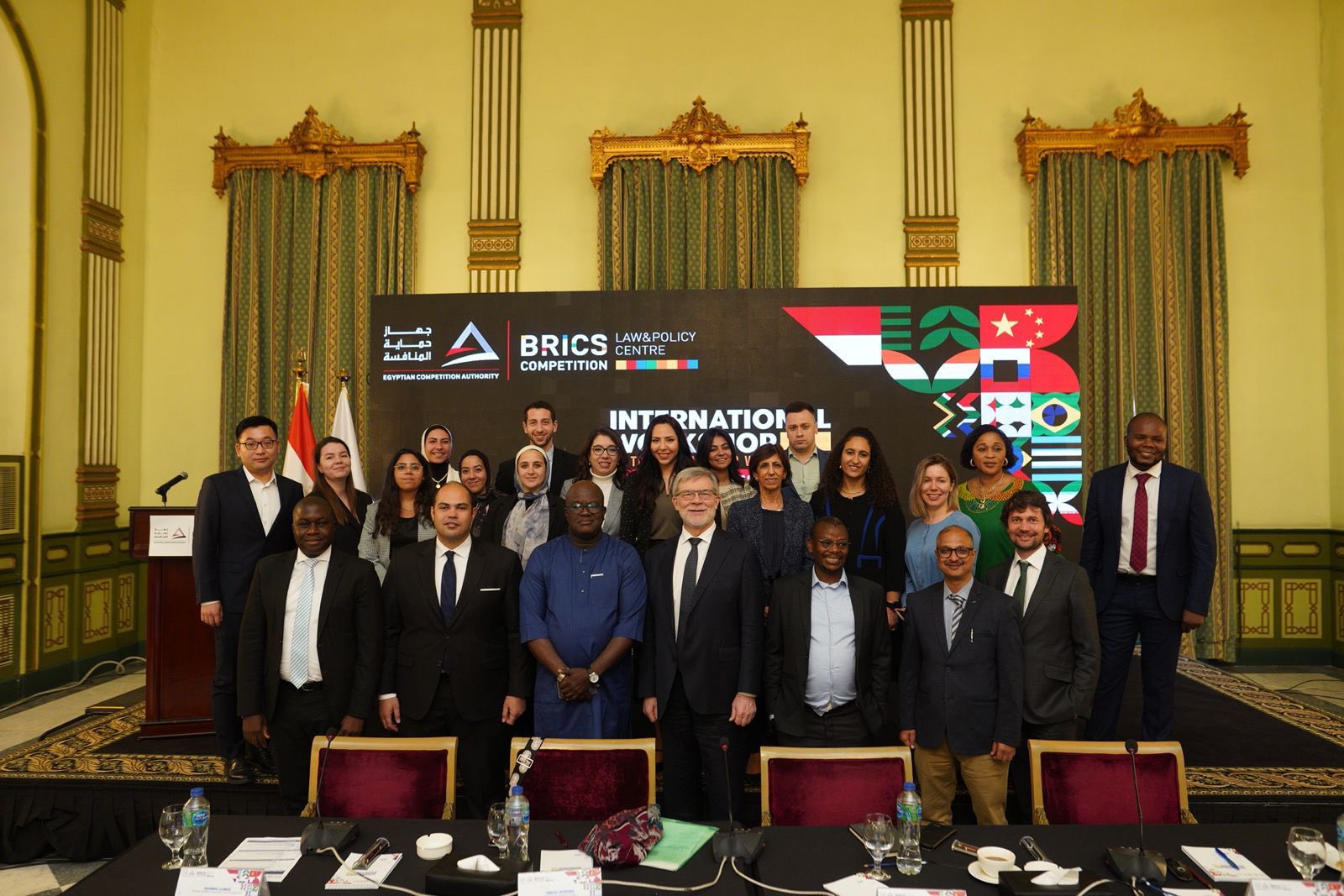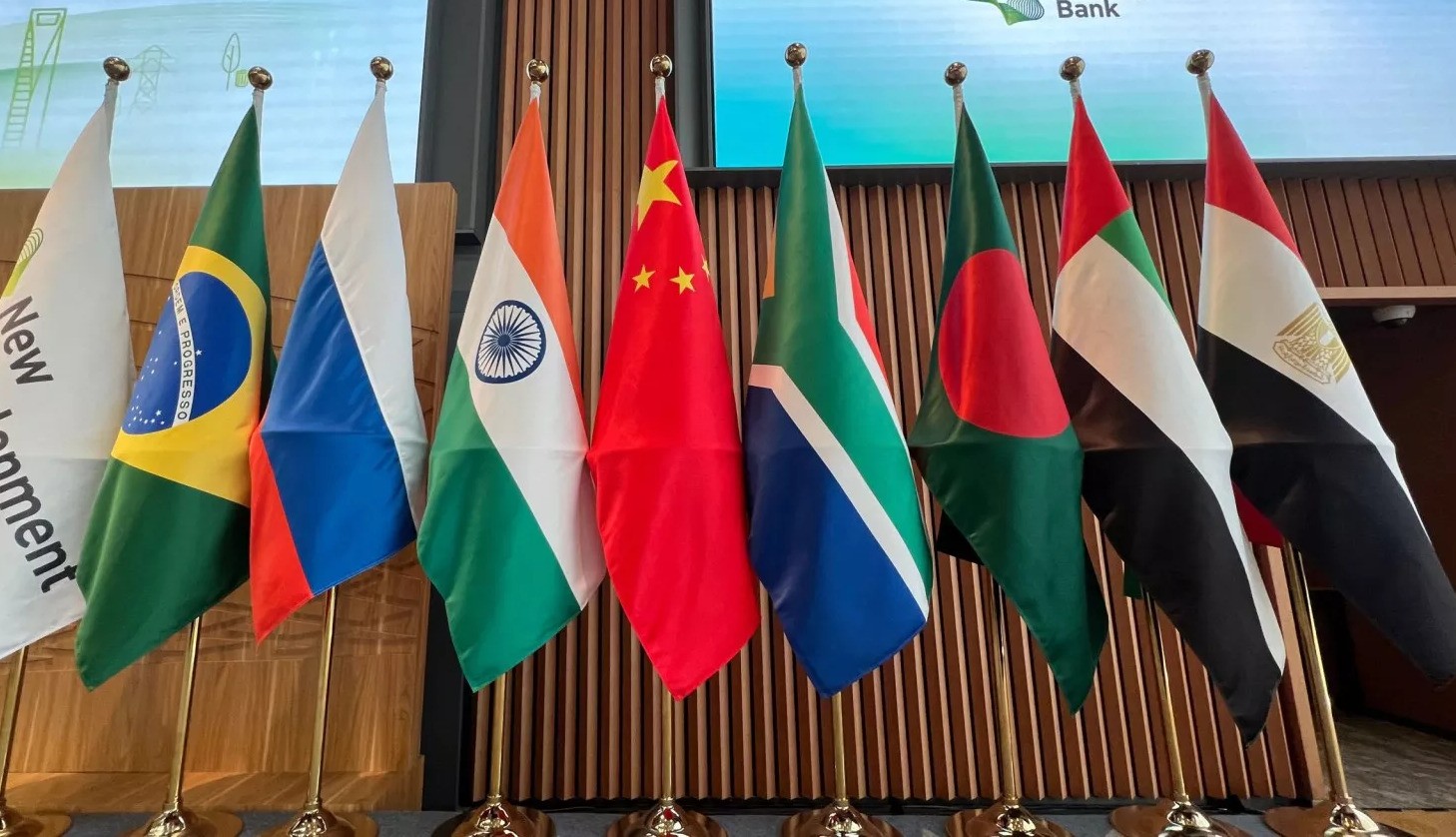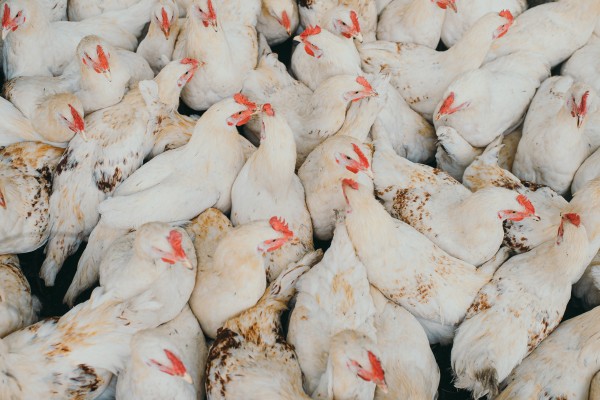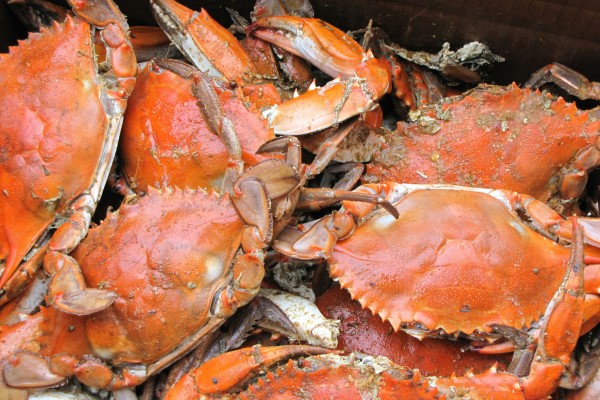On February 21-22, the BRICS Competition Centre jointly with the Egyptian Competition Authority and the Federal Antimonopoly Service (FAS) of Russia held an international workshop entitled "Global Food Chains: Focus on Global Grain Trade" in Cairo (Egypt). The workshop brought together scientists from leading universities of the BRICS+ countries, Europe and the United States, as well as heads and representatives of antimonopoly authorities of the BRICS member states.
The global grain trade plays a key role in ensuring food security for billions of people around the world. Egypt, as one of the world's largest grain importers, has an interest in ensuring fair competition in the sector, said Mahmoud Momtaz, Chairman of the Egyptian Competition Authority, in his welcome speech. "There is a need to work together to create a more competitive and inclusive market environment. I am confident that this seminar will serve as a platform for fruitful discussions and constructive cooperation," he emphasized.
The global food crisis is still affecting millions of people around the world. According to a UN report, at least 238 million people were severely food insecure in 2023, a 10% increase from 2022. Teresa Moreira, Head of the Competition and Consumer Policies Branch, UNCTAD, mentioned this in her opening remarks. She noted the contribution of BRICS Centre experts in developing a new methodology for market analysis through the lens of global food value chains. This method allows for a more effective identification of systemic risks and competition constraints in the global food market, one of the most socially important sectors of the world economy.
Ioannis Lianos, Professor of Global Competition Law and Policy, UCL, and Alexey Ivanov, Director of the BRICS Competition Centre, who presented the book "Global Food Value Chains and Competition Law" (Cambridge University Press, 2022). In his presentation Alexey Ivanov addressed the problem of increased concentration in the global food value chain, where an established oligopoly of traders manages to control certain sectors (so-called "bottlenecks" of the chain) and make disproportionately large profits. Today, ten companies control half of the global seed market, and four agro-traders (known collectively as ABCD — ADM, Bunge, Cargill and Louis Dreyfus) account for 70-90% of the global grain trade.
This concentration has resulted in a lack of agrarian biodiversity and price volatility, which has a greater impact on consumers and farmers in developing countries, as well as the risk of social instability. The financialization of the global grain trade also contributes to these trends: traders with insider information have the opportunity to increase their profits. This information asymmetry reduces the incomes of small farmers and collectives, increasing inequality. To meet these challenges, competition authorities need to analyze the value chain holistically.
"A new methodological approach to market analysis is needed. We must take into account the situation of farmers and assess the work of the chain comprehensively, otherwise we will have to face a very serious crisis due to the dysfunction of the entire value chain,"
Alexey Ivanov is convinced.
During the workshop, experts also discussed innovative global approaches to the food markets competition regulation.It is necessary to shift the focus of the international discussion to the problems of food markets, much like it has been done with the digital sphere, said Eleanor M. Fox, Professor Emerita, New York University School of Law. Key among these issues: fighting cross-border cartels, overcoming obstacles to sharing information among antimonopoly authorities, and scrutinising global transactions.
"These companies are bigger than states. Unlike antitrust regulators, they operate on a global scale. We need to join forces to collectively address this global power."
One of the challenges for antitrust regulators has been the merger of agri-traders Bunge and Viterra, which will create an agricultural trading giant worth about $34 billion. The deal, expected to be finalized in mid-2024, will lead to sweeping changes in the global agricultural sector, said Dina Waked, Professor of Law, Sciences Po.
The merger has already been cleared by a number of competition authorities, including the Competition Commission of the Common Market for Eastern and Southern Africa (COMESA), which approved it without conditions. The problem is that regulators act in a piecemeal fashion when reviewing such deals and underestimate the global scale of structural market change, emphasized Hardin Ratshisusu, Deputy head of the Competition Commission of South Africa.
"Global mergers like Bunge-Viterra open a window of opportunity for us, give us a chance to change the architecture of the global market. For competition authorities, this is a unique opportunity to intervene. Once the markets change dramatically, competition authorities will have much less room for action,"
said Alexey Ivanov. Cooperation between competition authorities in different countries, including within the BRICS, is crucial. An example of effective cooperation is the collaboration of regulators on the Bayer-Monsanto merger.
It is worth thinking about regional cooperation and enforcement of such mega-mergers, agreed Thembinkosi Bonakele, Ex-Commissioner of the Competition Commission of South Africa. There is a need for academia to engage with competition agencies, as the lack of resources and time affects the quality of their expertise.
Speaking about the institutional development of BRICS, Andrey Tsyganov, Deputy Head of the FAS of Russia, urged the possibility of creating a special BRICS Action Platform. This platform would facilitate interaction and consolidate efforts to protect competition and promote inclusive economic development. In addition, a proposal was made to conduct a large-scale sectoral study of the BRICS food markets with the support of the BRICS Competition Law and Policy Centre. The interim results of the study could be presented at the next UN Competition Conference in 2025.
"We are confident that the results of joint work of the BRICS countries are very useful for the entire international community and especially for less developed countries with young and not so developed competition, as in China or Russia,"
the FAS deputy head said.

First row from left to right: Hardin Ratshisusu, Mahmoud Momtaz, Amadou Ceesay, Andrey Tsyganov, Tembinkosi Bonakele, Ujjwal Kumar, Alexey Ivanov. Second row: first from left Liu Hanqing, first from right Isaac Tausha, fourth from right Dina Waked, fifth from right Teresa Moreira.
Among the other participants were Amadou Ceesay, Executive Secretary, Gambia Competition and Consumer Protection Commission; Isaac Tausha, Chief Economist, Competition Commission, COMESA; Liu Hanqing, Department of Competition Policy Coordination of the State Administration for Market Regulation (SAMR); Carolina Saito da Cost, Head of Unit, CADE; Ujjwal Kumar, Associate Director, CUTS International; Simon Roberts, Professor, Centre for Competition, Regulation and Economic Development, University of Johannesburg, Global Practitioner, University of Strathclyde; and others.
On February 22, Cairo also hosted a closed meeting of the BRICS Working Group for the Research of Competition Issues in Food Markets. This was the first meeting of the group after the BRICS expansion — it was attended by representatives of the antimonopoly authorities of Russia, Egypt, South Africa, India, China, Brazil, Gambia. The experts discussed systemic problems in the functioning of the food chain and regulatory mechanisms to ensure food security.




